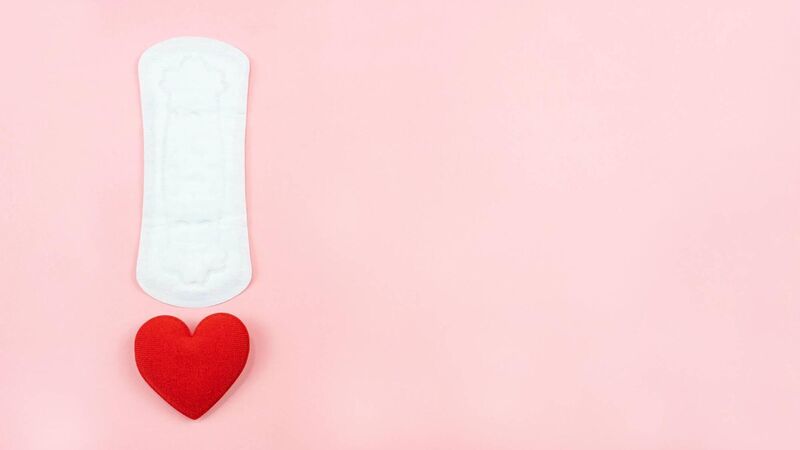This all-female Cork company wants you to have the most eco-friendly period possible

Picture: iStock
Try from €1.50 / week
SUBSCRIBE
Picture: iStock
Period products contain a surprising amount of plastic. According to a study carried out by Natracare in 2018, commercial brands of period pads consist of up to 90% plastic. This is the equivalent of four plastic shopping bags per pad.
While tampons are mostly made from cotton, they are often coated in a viscose film. The string is usually made from plastic and so is the applicator.
Already a subscriber? Sign in
You have reached your article limit.
Annual €130 €80
Best value
Monthly €12€6 / month
Introductory offers for new customers. Annual billed once for first year. Renews at €130. Monthly initial discount (first 3 months) billed monthly, then €12 a month. Ts&Cs apply.
CONNECT WITH US TODAY
Be the first to know the latest news and updates
Newsletter
The best food, health, entertainment and lifestyle content from the Irish Examiner, direct to your inbox.
Newsletter
The best food, health, entertainment and lifestyle content from the Irish Examiner, direct to your inbox.

Our team of experts are on hand to offer advice and answer your questions here
© Examiner Echo Group Limited